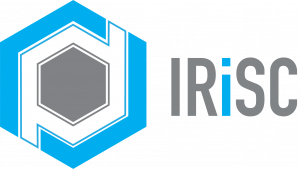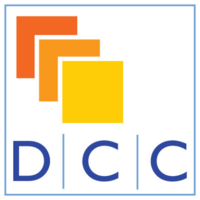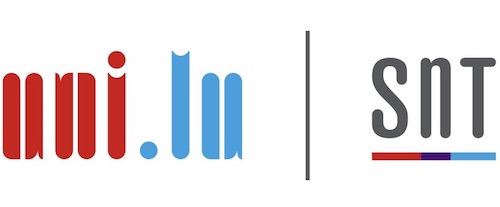
Interdisciplinary Research Group in Socio-technical Cybersecurity
Data quality: Living in the shadow of data governance

Lightning Talks
Dr Marietjie Botes
Despite the immense volume and value of data, especially in the field of genomics, many institutions do not realise its full potential. For data to be useful it needs to be filtered, cleaned, refined, and curated, which actions may have a significant impact on end results. In the absence of a comprehensive data governance framework that addresses all aspects of data management, including practices, technologies and data quality, effective application of data will remain elusive.
High-quality data provides better insights, allowing for better decisions and predictions of what may happen in the future to effectively plan, for example, potential infectious disease cluster outbreaks, whilst saving time and resources. High-quality data also inform policies and disaster management plans on national and international levels, which makes it easier to map data.
Data governance and data quality needs to be adequately integrated to ensure a successful data management strategy to result in the successful and impactful use of high-quality data sets.
Elements of data quality such as accuracy, completeness, timelines, relevancy, and consistency are contained or alluded to in information regulatory frameworks around the world, including the Sarbanes-Oxley Act in the US, the General Data Protection Regulation (GDPR) in the EU and the Protection of Personal Information Act (POPIA) in South Africa. With the GDPR and POPIA having been enacted fairly recently, and with the UK no longer being subjected to regulation under the GDPR, data regulation, especially in the field of genomics where its success lays in building big data networks and sharing data of high quality across borders, will become increasingly instrumental in ensuring that such institutions not only complying with data laws, but that the data collected are of such quality that it can be meaning fully applied to literally save lives during a pandemic.
This Lightning Talk will briefly identify the commonalities, differences and gaps between the various data governance regulatory frameworks and propose practical guidelines to harmonise and synchronise the data quality elements of these frameworks which may be used as international guidelines when processing data to ensure a standard of quality that can be easily integrated, trusted, and used globally, without hindering data creation and analysis. For example, the right hosting environment makes data management more efficient which makes it a tremendous asset in setting a data governance framework.
The COVID-19 pandemic showcased why institutions and countries alike must ensure synergies between data governance and data quality through stronger data management strategies to ensure that better analytics results are generated. Whilst data integrity checks ensure the quality of data before use, data governance ensures usability of well-prepared data, the combination of which will ensure meaningful insights to enable quick and definitive actions when needed.
Date:
Organized by:
Location:
More information:
Get in touch with us
SnT – Interdisciplinary Centre for Security, Reliability and Trust
Maison du Nombre, 6, avenue de la Fonte L-4364 Esch-sur-Alzette
info-irisc-lab@uni.lu
